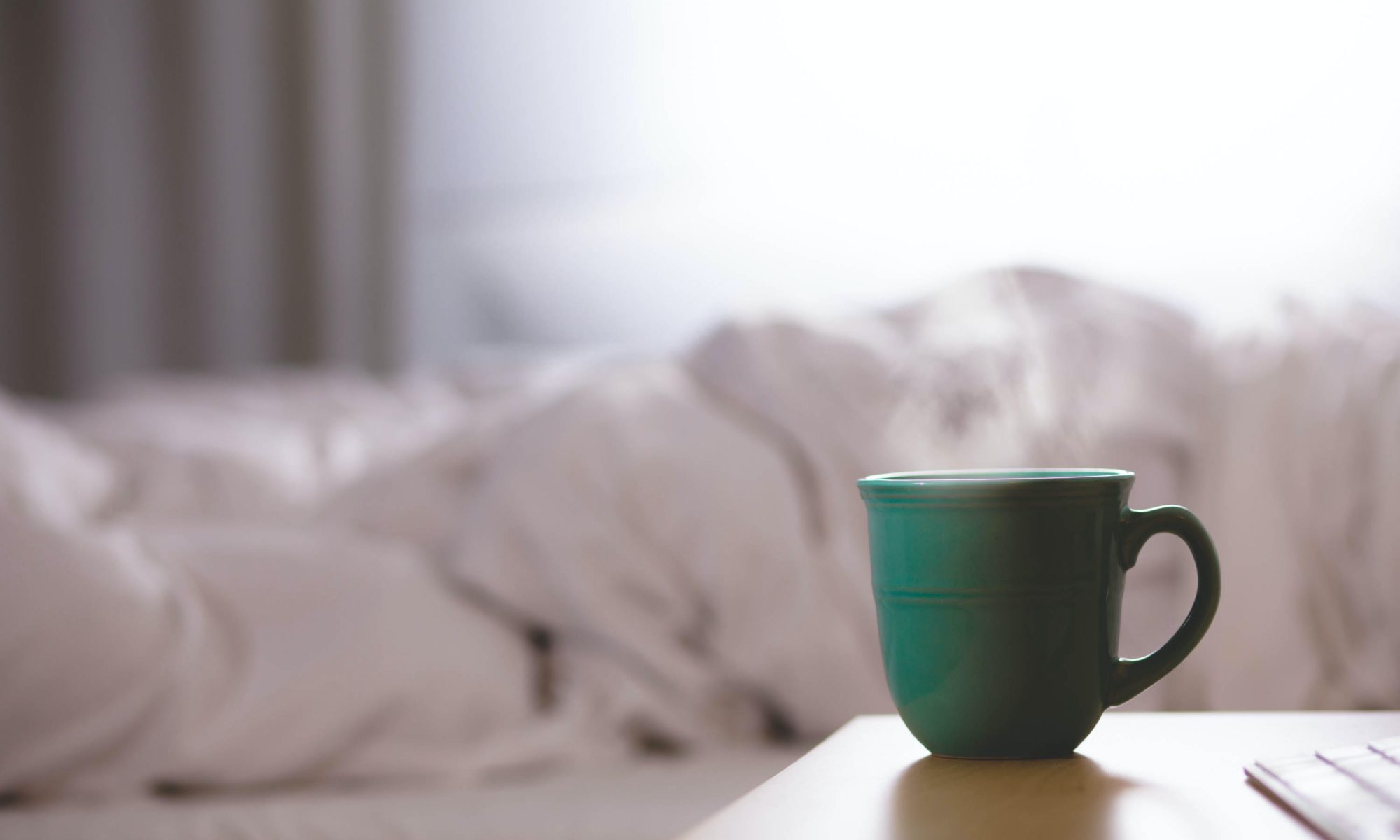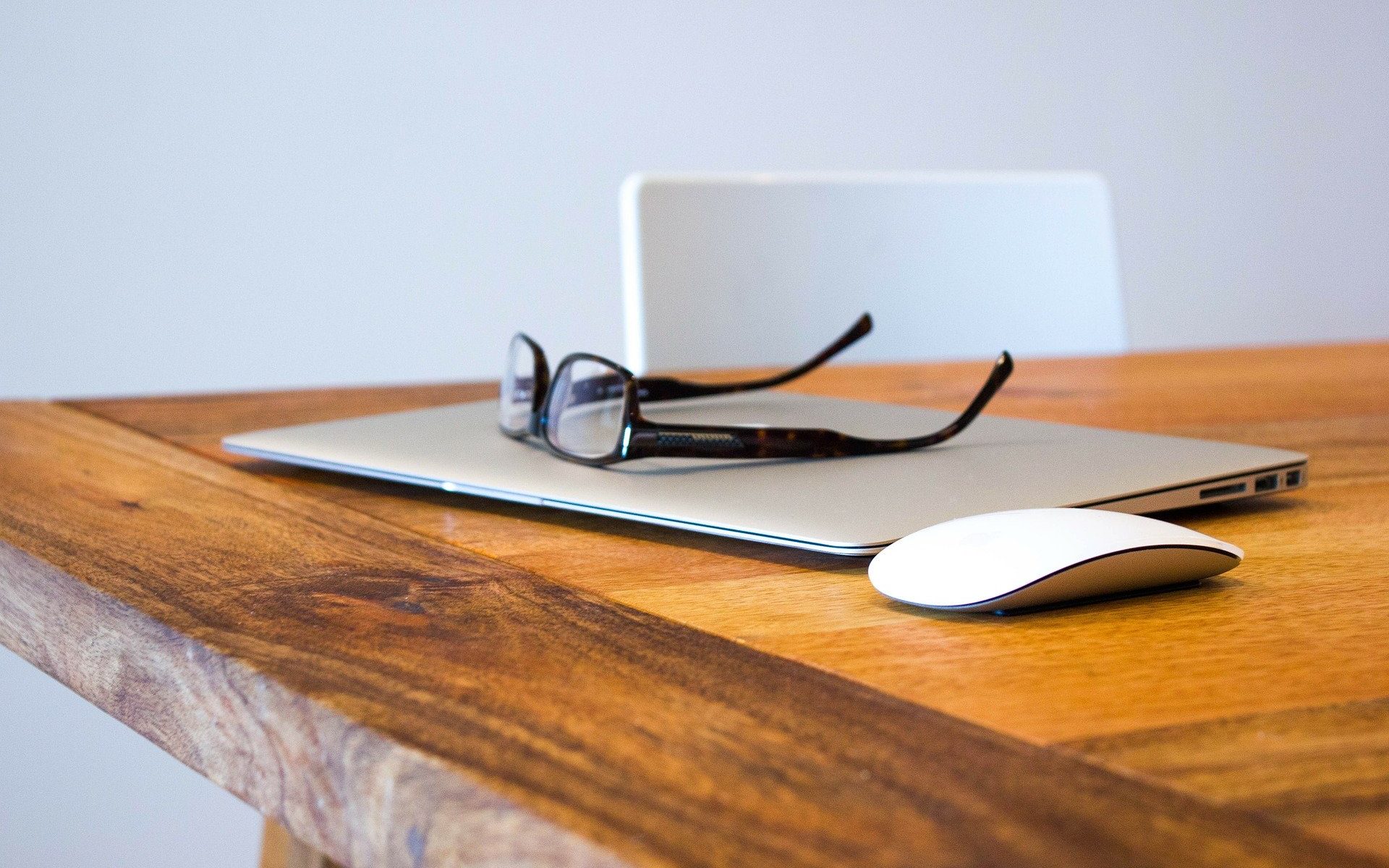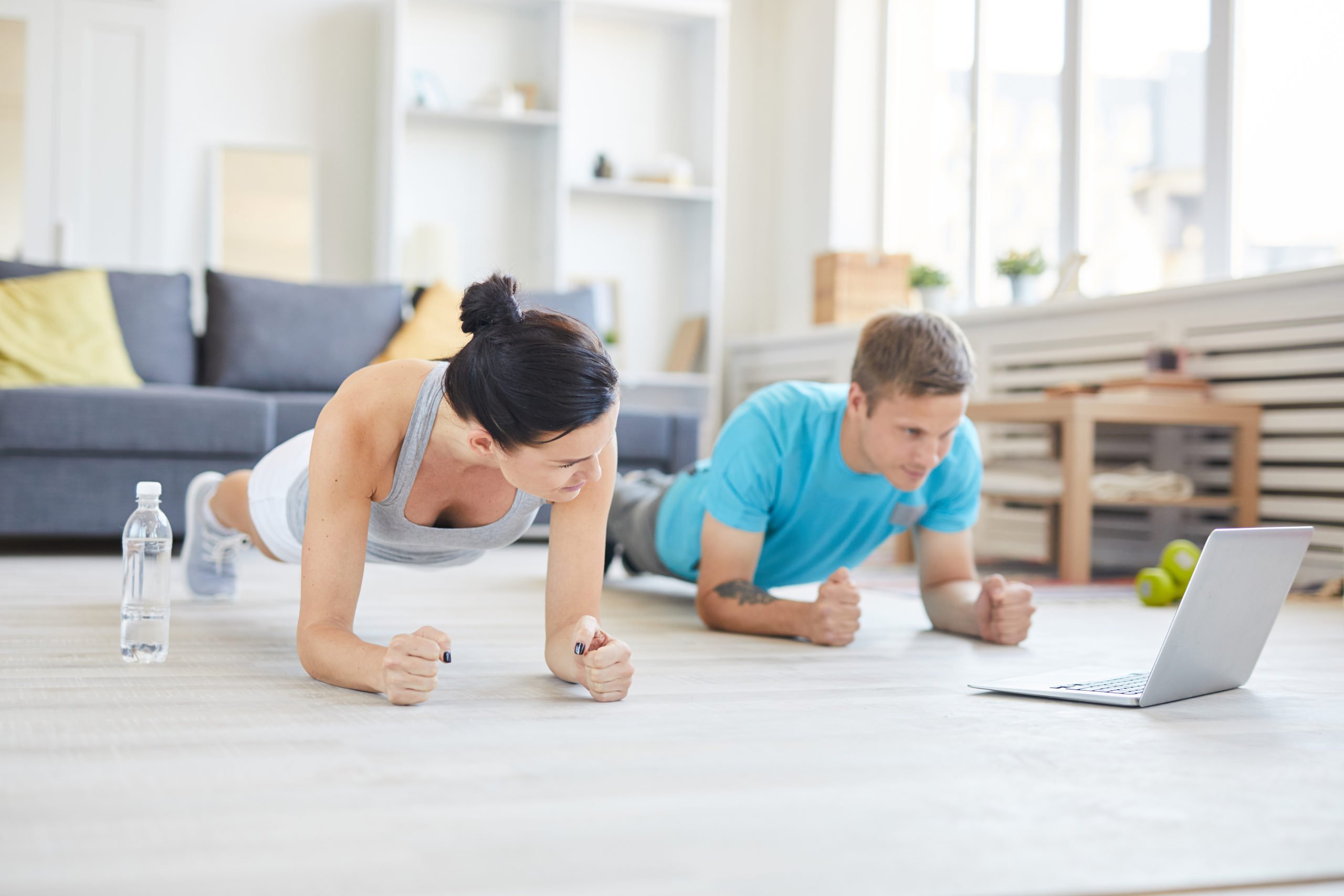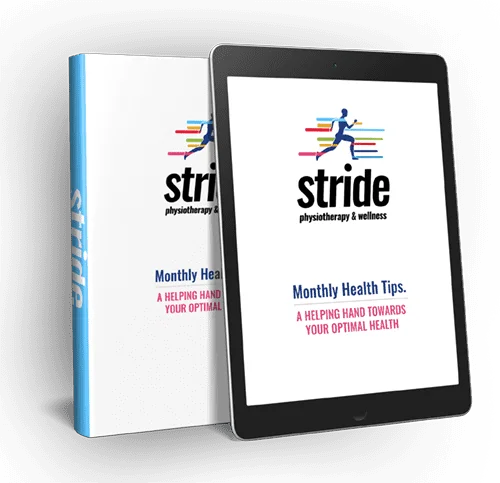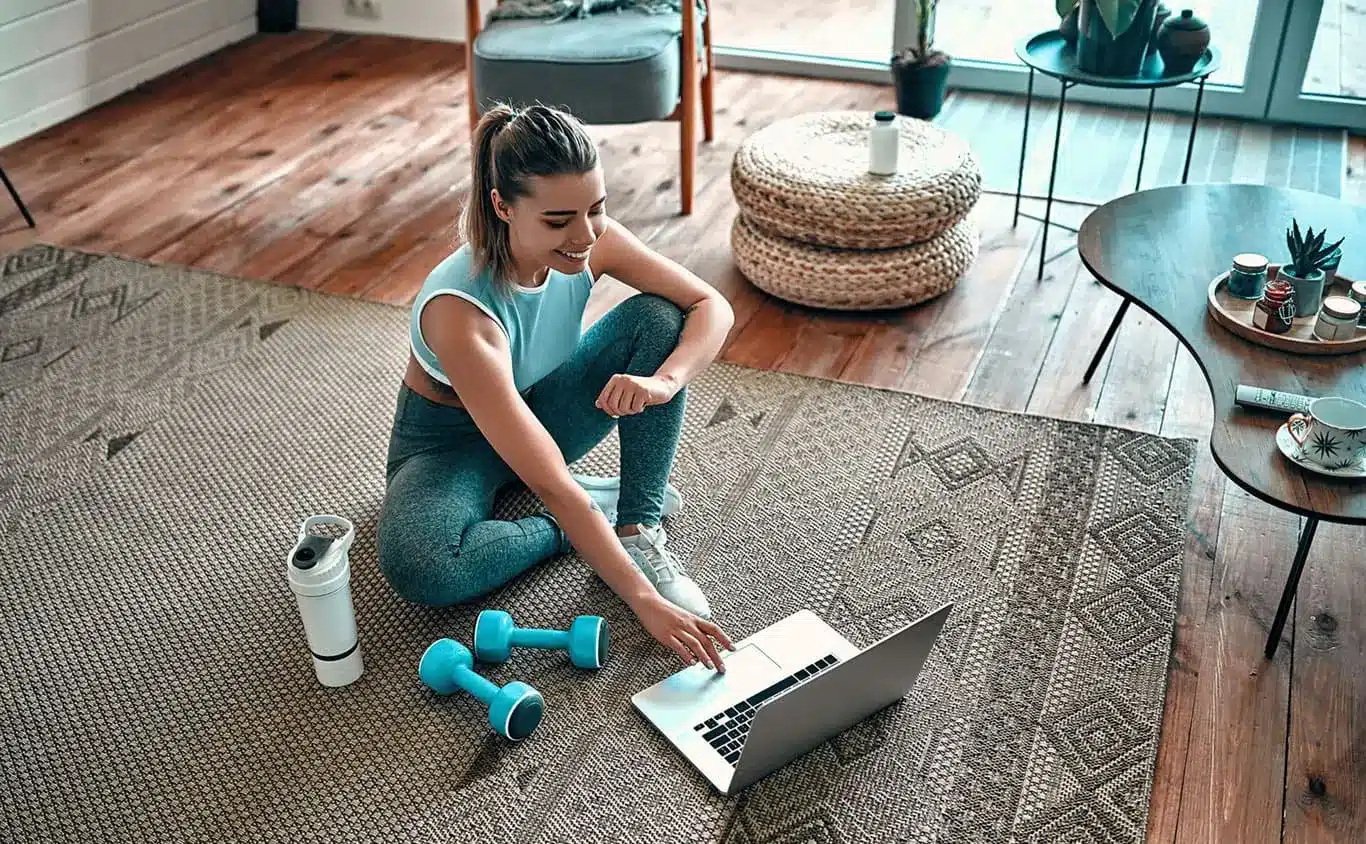Good Sleep Habits 101
By: Veronica Stang, Registered Provisional Psychologist
Sleep feels like a luxury for a lot of us, due to our busy schedules. We’ve all had those nights of insomnia. They involve tossing and turning, getting up in the middle of the night for a snack, checking the clock at 2am, and then looking again at 2:03. It felt like three hours had passed. Then you start doing math at 4 o’clock in the morning and telling yourself, “If I fall asleep at this exact moment, I will still get 3 hours and 15 minutes of sleep.” It’s comforting, but it’s not really useful. For some people, this dreadful experience only happens on occasion. For others, it is a nightly sparring match with the sandman. Either way, it’s hard to form good sleep habits as a result.
Sleep Habits: Questions to Ask Yourself
I frequently talk to my patients about the importance of good sleep habits. We talk about how to improve both quality and quantity of sleep. Take a moment to reflect, then ask yourself the following: how many hours of undisturbed sleep do you get? Is it difficult to fall asleep, stay asleep, and wake up? What is your night-time routine? If your responses are negative, you aren’t alone. The most common problem people face is not being able to fall asleep, and stay that way. Consider some of the following do’s and don’ts to improve your own sleep.
DO
- Have a consistent nighttime routine.
- Exercise daily.
- Have a consistent time to go to bed and wake up. (Yes, even on weekends, within reason.)
- Go to bed only when you are tired.
- Get out of bed if you can’t sleep.
- Get regular exposure to sunlight.
- Plan a time in your day to worry. Seriously. Get it out of the way before bed!
- Do something relaxing before bed. Examples include meditation, reading, and taking a bath.
- Consider your physical environment. E.g., bedroom darkness, temperature, mattress comfort, and any noises.
DON’T
- Spend too much time awake in bed.
- Watch television, eat, or play video games in bed. This conditions your body to be awake when you need to be resting.
- Have multiple or long naps during the day.
- Exercise late in the evening, if exercise energizes you.
- Have caffeinated drinks in the evening.
- Have large meals late at night.
- Be in front of screens late at night. Screen time can impact our circadian rhythms. Circadian rhythms influence bodily functions, including our sleep-wake cycles, hormone release (like melatonin for sleep), eating habits, digestion, and body temperature.
Why is sleep so important?
A good sleep habit will do a number of things to keep you moving every day. Sleep vastly improves your quality of life, by doing the following:
- Regenerating cells. (Hello, health!)
- Restoring energy.
- Consolidating memories.
- Strengthening our immune system.
- Increasing blood supply to muscles, which then promotes the growth and repair of tissue and bones.
All of these processes assist with our daily functions such as learning and emotional regulation!
NOT enough sleep is linked to conditions such as:
- Heart disease
- Diabetes
- Stroke
- Alzheimer’s disease
- Anxiety
- Depression
Based on all of the benefits it provides, it is easy to see why sleep is important for everyone. By that same token, I work with many children and individuals with chronic pain. People who suffer from chronic pain are in need of additional sleep in order for their bodies and brains to heal, restore, and grow. Even so, they often struggle to reach even the requested minimum of sleep. I cannot emphasize enough how important good sleep habits are for mental and physical health, especially within these vulnerable populations.
In Conclusion
I encourage you to adapt some of these strategies into your own lifestyle. I know sleep can be a frustrating endeavour, but try not to become discouraged. It will take trial and error to discover what works best for you. If you are struggling to sleep, give us a call at 403-343-8891. Additionally, you can book online to see us at Stride! Good luck and sweet dreams!
Resources
https://www.sleepfoundation.org/
https://www.sleepfoundation.org/articles/what-happens-when-you-sleep
https://www.sleepfoundation.org/articles/why-do-we-need-sleep

